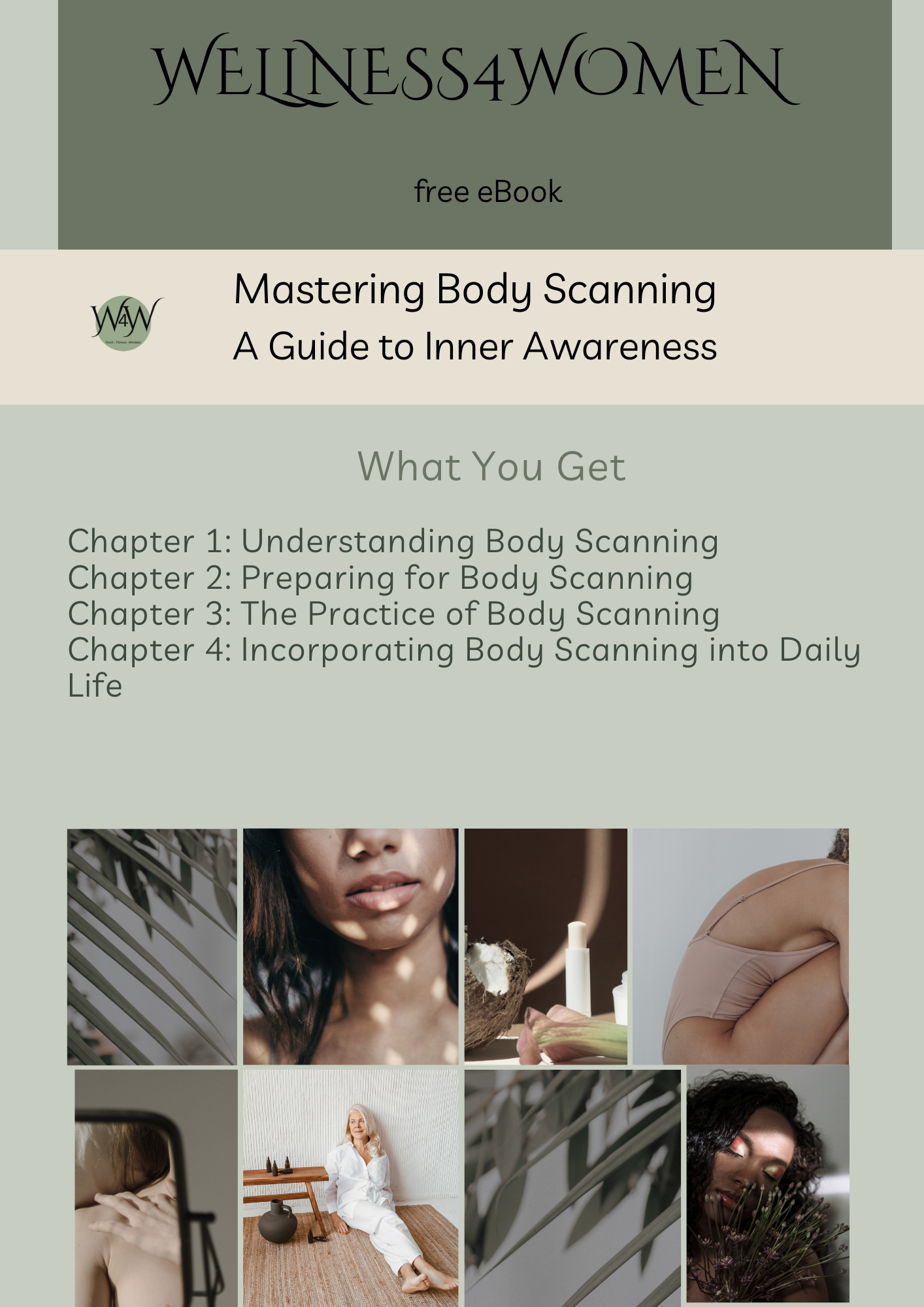I have travelled the world and had three major careers, all of which I studied and worked hard for. I struggled through it all and wondered why my peers didn’t have the difficulties that I experienced. I didn’t know I was dyslexic until I was in my late forties. I was determined to get a Masters and attended Westminster College in Cambridge, England. The tutor spotted that may be dyslexic and asked me what I thought. I replied I never heard of the word Dyslexia, and asked, ‘what on earth is it???
 Dyslexia is a common learning difficulty that can cause problems and with reading, writing and spelling and other things.
Dyslexia is a common learning difficulty that can cause problems and with reading, writing and spelling and other things.
Unlike a learning disability, intelligence isn’t affected.
It’s estimated up to 1 in every 10 people in the UK has some degree of Dyslexia. In many people, it appears to be hereditary. It is undoubtedly misunderstood, and I have had my fair share of nasty comments and shunning and told to ‘don’t tell anybody’ from well-meaning friends and colleagues.
Dyslexia is a lifelong problem, we are born with it. It can present challenges daily, but support is available to improve reading, writing and coping skills to help you to be successful at school and work.
What are the Signs of Dyslexia?
Signs of Dyslexia usually become apparent when a child starts school and begins to focus more on learning how to read and write.
A person with Dyslexia may:
- read and write very slowly
- confuse the order of letters in words
- put letters the wrong way round (such as writing “b” instead of “d”)
- have weak or inconsistent spelling
- bad handwriting
- understand information when told verbally, but have difficulty with information that’s written down
- find it hard to carry out a sequence of directions
- struggle with planning and organisation
But people with Dyslexia often have excellent skills in other areas, such as creative thinking and problem-solving. These are only some of the symptoms, and you may one or two or more.
Getting Help
If you think you or your child may have Dyslexia, the first step is to speak to their teacher or their school’s special educational needs co-ordinator (SENCO) about your concerns. If you as an Adult, the dyslexia association will help advise you.
Support for People with Dyslexia
If your child has Dyslexia, they’ll probably need extra educational support from their school.
With appropriate support, there’s usually no reason your child can’t go to a mainstream school, although a small number of children may benefit from attending a specialist school.
Universities also have specialist staff who can support young people with Dyslexia in higher education. I received help after I was assessed as an upper percentile dyslexic. I could not have gotten through my university studies without this remail help. My dissertation scored a distinction which was a massive achievement for me!
Technology such as word processors and electronic organisers, speech to text software ware can be useful for adults, too. Employers are required to make reasonable adjustments to the workplace to help people with Dyslexia, such as allowing extra time for specific tasks.
Support Groups
As well as national dyslexia charities such as the British Dyslexia Association (BDA), there are several local dyslexia associations (LDAs).
These are independently registered charities that run workshops and help to provide local support and access to information. I know the emotional trauma a dyslexic can go through and so I also counsel dyslexic Adult so feel to contact me if you need help.
What Causes Dyslexia?
People with Dyslexia find it challenging to recognise the different sounds that makeup words and relate these to letters. Dyslexia isn’t associated with a person’s general level of intelligence. Children and adults of all intellectual abilities can be affected by Dyslexia.
The exact cause of Dyslexia is unknown, but it often appears to run in families. It’s thought specific genes inherited from your parents may act together in a way that affects how some parts of the Brain develop during early life.
We cant change being dyslexic, but we can change how we manage it and embrace it as a big advantage.
Brock, L, E. Etal. (2011) The Dyslexic Advantage: Unlocking the Hidden Potential of the dyslexic Brain. Hay House.UK.
.
Love & Grace
Paula Rose Parish IHS
For more articles, visit Your Wellness Matters at www.paularoseparish.com. And if this article has helped you in a small way, please like it and comment.
For helpful articles on converting from Protestantism to Catholicism and videos visit ALMOST CATHOLIC at http://almostcatholic.blog
Visit My YouTube Channel- https://www.youtube.com/channel/UCIHzAbvL5Wdjlh4Q57XHEDA
I have worked internationally with over 40 years of experience, having a Bachelor of Pastoral Counselling and Theology and a Master of Arts in Counselling & Professional Development. BACP Life Coaching Certificate. I currently work as a Christian educator, blogger, author, and grandmother living with my two dogs in Wales, UK.
If you wish to connect with me, please do so at paularoseparish@gmail.com
?Want to help support me as an author? My books are available at AMAZON.
?Psalm 23 Unwrapped: Hope in Difficult Times.




